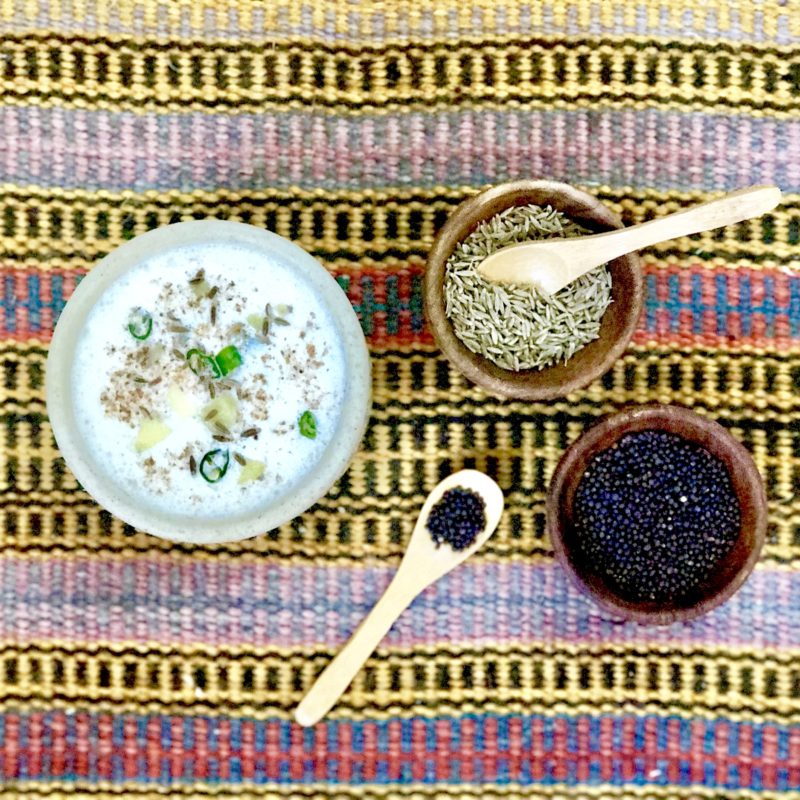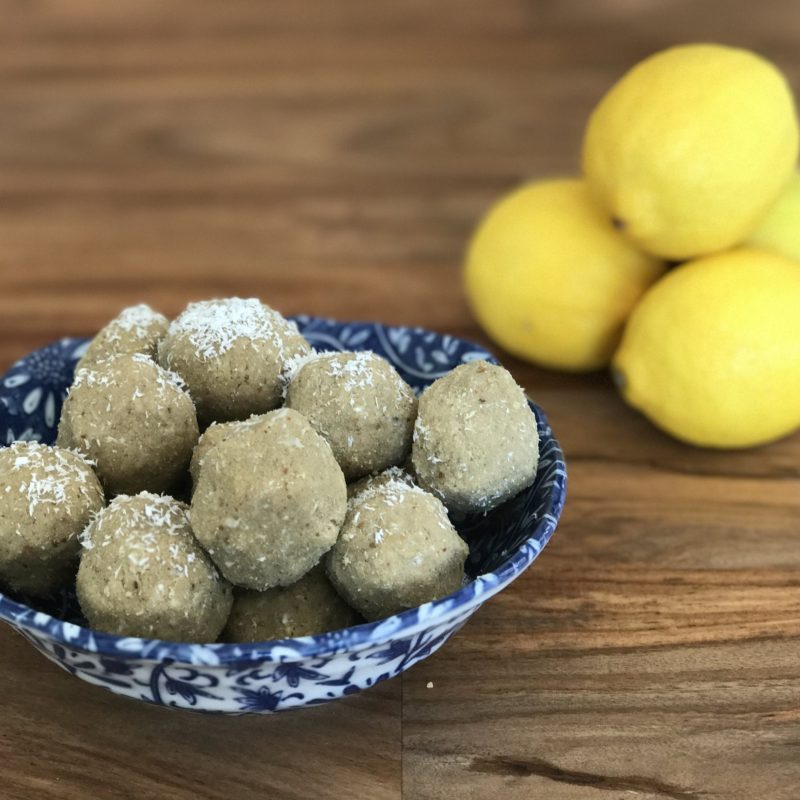
There is a particular stillness that characterizes winter, and with it comes a subtle invitation to redirect our own energies inward. This season is actually the perfect antidote to the fast-paced mobility of the summer and fall. It is a time to rest, reflect, hold space, vision, hibernate and withdraw some of your outwardly-focused energy.
Ayurveda teaches us that like increases like and that opposites balance. As a result, the same experience can affect two different people in dramatically different ways, depending on his/her inner nature. Each of the seasons ushers in a unique set of qualities that can either pacify or aggravate your mind-body. This is why some people relish the heat of the summer while others loathe it, why some can spend an entire winter playing in the snow while others avoid it like the plague. But regardless of who you are, your local climate is a key player in your overall state of balance. This is precisely why a seasonal routine is so important and, in truth, so helpful. By adapting your diet and lifestyle to better accommodate the changing seasons, you can drastically reduce the likelihood of any seasonally-induced imbalances and, should they arise, the same strategies will gently coax your body back toward its natural state of equilibrium.
WINTER
This season is characterized by cold weather, a sense of heaviness, increased moisture (usually in the form of rain or snow), cloud-covered days, and the grounded, slow feeling that sends many animals into hibernation. These are all qualities shared by kapha dosha, which is why winter is considered to be—primarily—a kapha season. However, if your climate is exceptionally cold and dry, or if you tend to feel more isolated during the winter months, vata will also be a strong component of your winter season.
To reduce both kapha and vata doshas, you’ll want to focus on eating warm, cooked, slightly oily, well-spiced foods, favoring a balance of the sweet, sour, salty, pungent, bitter, and astringent tastes. Try to drink room temperature, warm, or hot beverages and avoid iced or chilled drinks, if possible. Teas made with combinations of ginger,cinnamon, and black pepper or coriander seeds, cumin seeds, and fennel seeds encourage strong digestion and can be taken after meals. Hearty, heating vegetables like radishes, cooked spinach, onions, carrots, and other root vegetables are generally well received this time of year, as are hot spices like garlic, ginger, black pepper, cayenne, and chili peppers. Cooked grains like oatmeal, cornmeal, barley, tapioca, rice, or kitchari make a terrific breakfast, and lunches and dinners of steamed vegetables, whole wheat breads, and mushy soups are ideal. And while it is best reduced dairy in the winter months, a cup of hot, spiced milk with a pinch of turmeric or dried ginger and nutmeg before bed can aid in sleep without being overly congesting.


